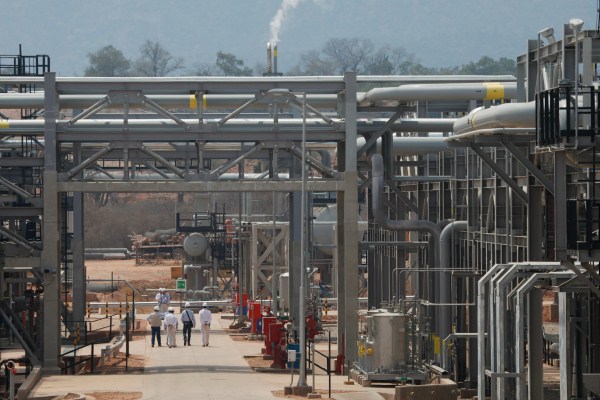Latin America faces difficult choices over hydraulic fracturing, or “fracking,” as the region looks to expand its nascent shale gas and oil industry. To date, the United States and Canada have outpaced their southern neighbors in unconventional energy production. But Latin America, which holds approximately one-fourth of the world’s recoverable shale oil and gas reserves, appears poised to reap the benefits of the North American shale revolution in the coming decade. The urgency to start drilling might have eased in the short term, with lower energy prices making shale less competitive outside the United States. In the meantime, delays afforded by the price drop can be put to good use to address pressing issues of oversight and regulation.
Exuberance over shale oil and gas has catalyzed a wave of regulatory reform in the Western Hemisphere, but Latin America still has to catch up to its northern neighbors. Since 2014, Colombia, Argentina and Brazil have updated frameworks for unconventional energy development, while Mexico and Bolivia are expected to establish new rules in the near future. These countries’ leaders must weigh the economic benefits of rapidly developing their resources against local resistance and environmental risks associated with fracking.
The region is well-positioned to responsibly develop its shale resources. Nearly a decade of debate in developed economies has yielded valuable insight about the health and environmental effects of fracking. Best practices identified by North American and European authorities include the disclosure of fracking chemicals, safe wastewater disposal, regular environmental monitoring near project sites and public-engagement programs. Opposition to fracking has also mobilized diverse elements of Latin America’s civil society, ranging from local communities and indigenous groups to environmental organizations and the scientific community. The region’s democratic institutions should facilitate exchange among these varied constituencies, policymakers and industry representatives.

